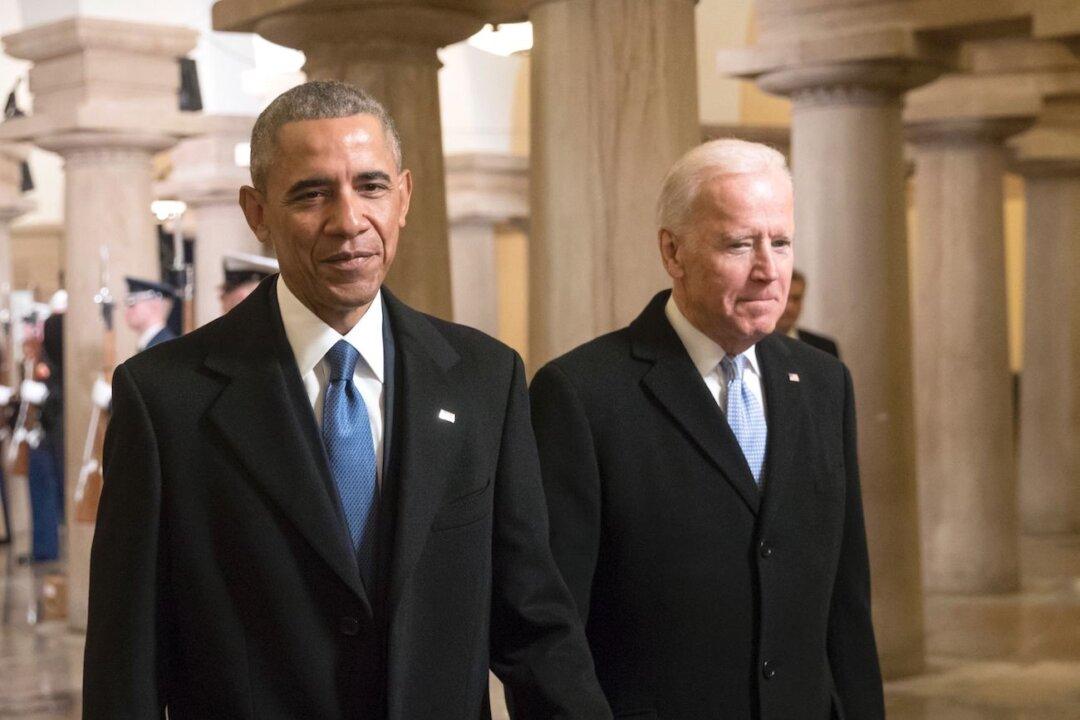Commentary
One of the unfortunate vestiges of liberalism’s lingering influence upon American conservatism, and by extension the Republican Party that is conservatism’s default political vehicle, is the pervasive knee-jerk tendency to view government action as per se bad and private-sector action as per se good. This ideology, which might be called “market fundamentalism” or “private-sector fundamentalism,” takes on differing forms: in its more benign variation, a principled commitment to unwavering laissez faire, but in its more malignant variation, a less principled commitment to corporate boosterism and outright cronyism.





